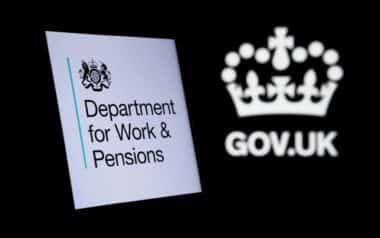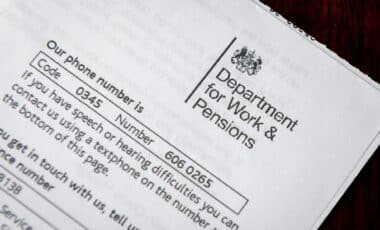State pensioners in the UK are bracing for additional financial pressure starting January 1, as energy bills are set to rise by an average of £21 annually. This increase comes at a time when many of the country’s pensioners are already grappling with the loss of their Winter Fuel Payments and persistent high living costs.
Energy Price Cap Update Brings Higher Costs
The rise in energy bills stems from Ofgem’s latest adjustment to the Energy Price Cap, which governs the maximum amount suppliers can charge for gas and electricity. The cap for the three-month period starting in January reflects continued elevated wholesale energy prices, ensuring that average households will pay more for essential utilities.
For pensioners, who often spend more time at home and consequently consume more energy, the impact could be even greater. According to data from Age UK, there are millions of pensioners living on modest incomes or relying solely on state pensions, many of whom will struggle to absorb the additional costs.
Key Numbers:
- £21: The average increase in annual energy bills from January 2024.
- £1,923: Estimated annual energy costs for a typical household under the new cap.
- £700: Approximate Winter Fuel Payment reduction affecting millions of pensioners this year.
Winter Challenges for Low-Income State Pensioners
The absence of Winter Fuel Payments has left many State pensioners more vulnerable to financial strain, especially during the colder months. According to Caroline Abrahams, Director of Age UK, the rise in energy prices is a serious concern for older people who have limited flexibility in their budgets. She stated :
“Older people, struggling without their Winter Fuel Payment, who were praying for a reduction in energy prices to help them in the new year, will be bitterly disappointed. The news that the energy price cap is instead slightly rising is the latest in a series of blows for pensioners living on a low or modest income.”
Many pensioners also fail to claim Pension Credit, a key benefit that could provide financial relief. According to government data, nearly 850,000 households are eligible but do not claim it, leaving substantial amounts of unclaimed support. This highlights a gap in accessibility and awareness among those who might benefit the most.
Triple Lock Pension Increase Offers Delayed Relief
Despite the grim outlook, ministers have pointed to the triple lock guarantee on state pensions as a potential source of relief. Under this mechanism, the state pension is expected to rise in April 2024 by around 8.5%, reflecting high wage growth and inflation rates from the previous year. This would represent an increase of:
- £15.85 per week for full new state pension recipients.
- £10.70 per week for those on the basic state pension.
While this boost will offer some relief, it comes months after the critical winter period when energy bills typically peak.
How the Numbers Compare :
- £903: Annual basic state pension increase (projected for April).
- £819: Annual increase in full new state pension (projected for April).
- £1,300–£1,500 : Typical annual energy costs for single-person pensioner households.
Advocacy Groups Call for Expanded Support for Pensioners
Charities and advocacy groups, including Age UK, are urging the government to do more for vulnerable pensioners. Proposals include reinstating Winter Fuel Payments and expanding eligibility for targeted support schemes like the Warm Home Discount.
The current situation underscores the financial challenges faced by older populations, particularly as high inflation continues to erode the value of fixed incomes. Without additional interventions, many pensioners may find it increasingly difficult to manage their household budgets.









